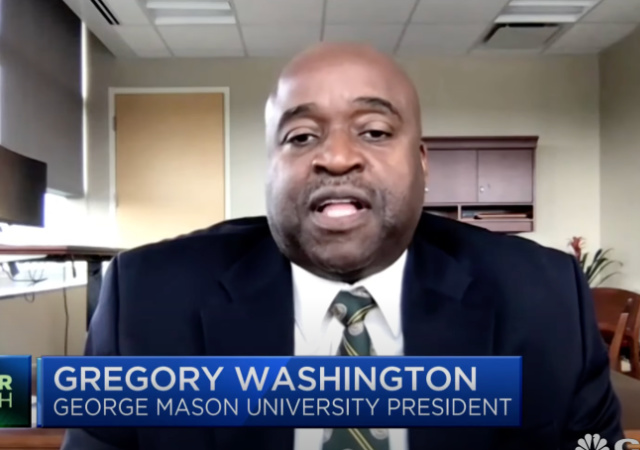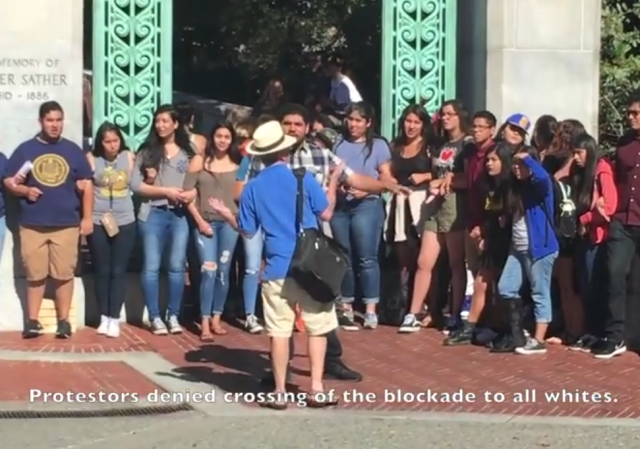Trump imposes varying ‘reciprocal’ tariffs that punish friendly nations with few trade barriers
on April 05, 2025
88 Comments
President Trump imposed hundreds of billions of dollars in tariffs on the countries of the world, that vary enormously from nation to nation. He calls them “reciprocal” tariffs, but they aren’t reciprocal at all. Trump increased tariffs even on friendly countries that had lower tariffs than we do, which is the very opposite of reciprocity. He imposed 10% tariffs even on countries that we have a trade surplus with, like Australia — which has fewer trade barriers than America does, and has some of the lowest tariffs on Earth.














